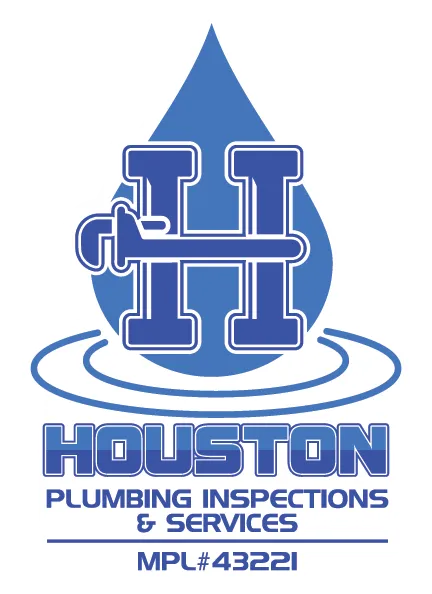Navigating Sewer Inspections: Choosing Between a Sewer Camera Scope and a Hydrostatic Test
As a homeowner, ensuring the health and functionality of your sewer system is essential for maintaining the integrity of your property and preventing costly plumbing issues. When faced with concerns about your sewer lines, determining whether you need a sewer camera scope or a hydrostatic test can be a crucial decision. In this blog post, we'll explore the differences between these two inspection methods and help you determine which one is appropriate for your needs.
Understanding Sewer Camera Scopes
A sewer camera scope, also known as a sewer camera inspection or sewer line inspection, involves inserting a small, waterproof camera into the sewer lines. The camera transmits real-time video footage to a monitor, allowing plumbers to visually inspect the interior of the pipes for issues such as blockages, cracks, root intrusion, and corrosion. Sewer camera scopes are highly effective for diagnosing specific problems within the sewer lines and identifying their precise location.
When to Choose a Sewer Camera Scope:
- If you're experiencing recurring sewer line issues, such as clogs or backups.
- If you suspect there may be damage or deterioration within your sewer lines.
- If you're planning renovations or landscaping projects that may impact the sewer lines.
- If you're purchasing a new home and want to ensure the integrity of the sewer system before closing the deal.
Understanding Hydrostatic Tests
A hydrostatic test involves filling the sewer lines with water and pressurizing them to a predetermined level. The system is then monitored for a specified period to detect any leaks or weaknesses. Hydrostatic tests are effective for assessing the overall integrity of the sewer lines and identifying potential leaks or weaknesses that may not be visible during a visual inspection.
When to Choose a Hydrostatic Test:
- If you suspect there may be leaks or weaknesses in the sewer lines but are unsure of their location.
- If you've recently undergone repairs or modifications to the sewer lines and want to verify their effectiveness.
- If you want to ensure the sewer lines meet building code requirements or regulatory standards.
Choosing the Right Inspection Method
So, how do you determine which inspection method is appropriate for your needs?
Here are some factors to consider:
- Specific Concerns: If you have specific concerns or issues with your sewer lines, such as recurring clogs or backups, a sewer camera scope may be the best option to identify and address the problem directly.
- Overall Integrity: If you're concerned about the overall integrity of your sewer lines or want to verify the effectiveness of recent repairs, a hydrostatic test can provide a comprehensive assessment of the system's condition.
- Preventive Maintenance: If you're proactively seeking to maintain the health and functionality of your sewer system, periodic sewer camera inspections can help identify potential issues before they escalate into costly repairs.
- Consultation with a Professional: Ultimately, the best way to determine the appropriate inspection method for your sewer system is to consult with a licensed plumber. A qualified plumber can assess your specific needs, inspect your sewer lines, and recommend the most suitable inspection method based on your circumstances.
In conclusion, both sewer camera scopes and hydrostatic tests are valuable tools for assessing the health and functionality of your sewer system. By understanding the differences between these inspection methods and considering your specific needs and concerns, you can make an informed decision about which one is appropriate for your situation. Whether you're dealing with recurring sewer issues, verifying recent repairs, or simply seeking peace of mind about your sewer system, there's a sewer inspection method that's right for you.
If you have any questions or would like to schedule a sewer inspection for your home, don't hesitate to contact us. We're here to help you ensure the health and functionality of your sewer system with expert sewer inspection services tailored to your needs.
